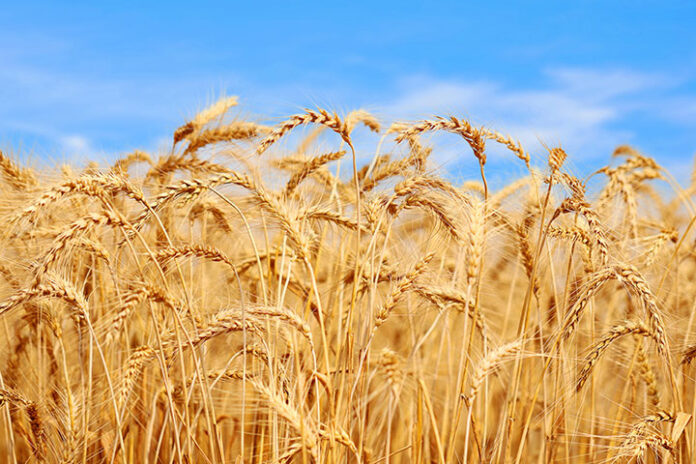The Khyber Pakhtunkhwa (KP) government has formally asked the Punjab administration to withdraw all restrictions on the inter-provincial movement of wheat and wheat products, warning that the curbs have triggered a sharp escalation in prices and disrupted food supply across the province. According to a report by Dawn.
In a letter addressed to the Secretary of Price Control and Commodities Management Department, Punjab, KP’s Food Department urged “urgent and decisive action” to remove what it termed as unconstitutional barriers to trade. The letter cited Article 151(1) of the Constitution, which guarantees freedom of inter-provincial trade and movement of goods, stressing that the current restrictions were inconsistent with national law.
According to KP officials, the province, which produces only 1.5 million metric tonnes of wheat annually against a total consumption of 5.3 million metric tonnes, relies heavily on supplies from Punjab to meet its daily requirement of around 14,500 metric tonnes. The ongoing restrictions, the letter noted, have “severely disrupted” the flow of wheat and flour, “threatening food availability and destabilising market prices.”
Data shared by the Food Department revealed that before the movement curbs on August 13, the price of 100 kilograms of wheat in Peshawar was Rs6,175. It climbed to Rs7,725 by August 28 and surged further to Rs10,675 by October 22 — a 73 percent increase. On the same date, wheat prices stood at Rs9,975 in Karachi, Rs9,375 in Lahore, Rs9,600 in Rawalpindi, and Rs10,000 in Quetta.
While welcoming Punjab’s recent decision to allow the transportation of 2,000 metric tonnes of flour to KP under a permit system, the provincial government called the measure “insufficient.” It said repeated communications from the Chief Secretary, Secretary Food, and Director Food of KP to their counterparts in Punjab had failed to end the restrictive regime.
The Flour Mills Association of KP has also warned of depleting stocks, cautioning that non-availability of wheat and flour could arise soon if the curbs persist.
The controversy intensified after Punjab began enforcing tighter controls on the inter-provincial movement of wheat following recent floods. Officials in Punjab defended the move, saying the permit system and checkpoints were intended to stabilise prices within the province. However, KP authorities and traders argue that the restrictions violate the spirit of a deregulated market and constitutional guarantees.
Chief Minister Sohail Afridi, chairing a high-level meeting on Wednesday, condemned Punjab’s actions as “a blatant violation of the Constitution and an attack on the rights of KP citizens.” He accused Punjab of “hiding behind political differences to deprive citizens of basic necessities.”
The KP Food Department recalled that Prime Minister Shehbaz Sharif, during a recent meeting on the Wheat Policy 2025–26, had directed that there should be no restriction on the inter-provincial movement of wheat to ensure availability across the country.
As prices continue to soar and supplies tighten, the KP government warned that the restrictive measures are disproportionately affecting the province and urged Punjab to restore the free flow of wheat and flour immediately to avert a deepening food crisis.




